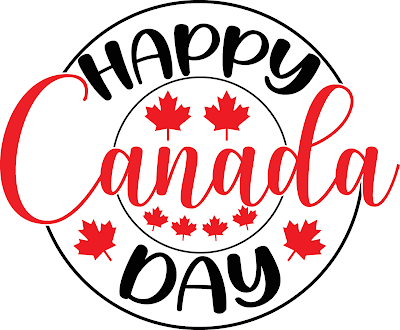
Since I became eligible to vote many years ago, I have participated in every federal, provincial and municipal election that has been called. Even though it has become something of a cliché, the assertion that voting is a sacred duty has never been far from my mind.
And yet, for all of that, up to a few months ago, I was seriously considering doing something I had never done before: going to the polling station and officially
declining my ballot. In that contemplation, I felt a righteous justification.
Why did I consider that option? First of all, of course, the Progressive Conservatives were never a consideration. Just like those who are gun-shy about the NDP after Bob Rae's Ontario premiership, I have never forgiven nor forgotten the depredations of the Harris years, an era when government sought to pit citizen against citizen, stigmatizing people according to socio-economic status and drastically cutting funding for an array of programs, an experience from which we have never fully recovered. And of course, there was the bone-headed move by these self-proclaimed fiscal masters of selling
a 99-year lease on the lucrative highway 407 for a mere pittance.
Kathleen Wynne's Liberals were off my radar, having betrayed all Ontarians by
the majority sell-off of Hydro One, the publicly-owned power transmission utility. Her justification? To
broaden ownership and raise cash for green infrastructure, all without raising taxes. Of course, the first billion dollars was used to
eliminate the government's deficit. Currently the government receives about one-third of the revenue from Hydro One it was receiving before privatization, and estimates are for the
loss of billions over the longer-term, billions that government can ill-afford to surrender.
So that left the NDP for me to consider, and for the longest time I discounted offering them my support. The last election was triggered by Andrea Horwath's greed for power, despite the fact that the party held the balance of power over a minority Liberal government. And Horwath ran a campaign where the term
small businesses was uttered regularly to the exclusion, if memory serves me, of any reference to the
working class or
working folks (the latter term seeming to have become part of today's political nomenclature). The closer they thought they were to power, the more to the right they tilted, the same error Thomas Mulcair made in the last federal election.
So prospects for voting seemed dim. What changed my mind? It was
this column by the Star's Martin Regg Cohn, a journalist for whom I have a great deal of regard. Written at the end of February, it was a piece lamenting the increasingly low turnout in Ontario elections, a trend he sees as a real threat to democracy:
In the last two elections, barely half of Ontarians bothered to cast a ballot — an embarrassing 48 per cent voted in 2011, and a dispiriting 51 per cent turned out in 2014.
They were the worst showings by civic no-shows in our democratic history. And far worse turnouts than in any other provincial or federal election ever.
With the next election coming in roughly 100 days, Ontario’s democratic deficit is creating a crisis of confidence that no party can solve alone. No matter who wins on June 7, the worsening turnouts will prove a losing proposition for everyone — the politicians and the people.
This downward spiral undermines the very assumptions upon which democracy is based:
More than six in 10 Ontarians (62 per cent) believe that “the legitimacy of the government is called into question” if less than a majority of eligible votes are cast in a general election, according to the polling by Campaign Research.
I hope you will read Cohn's entire piece, plus other articles he has written within the past year on democracy. Simply go to the search function on
The Star website and put in his name.
In closing, I cite his final sentence in the above-referenced article:
Democracy is an opportunity. Which is why a vote is a terrible thing to waste.





